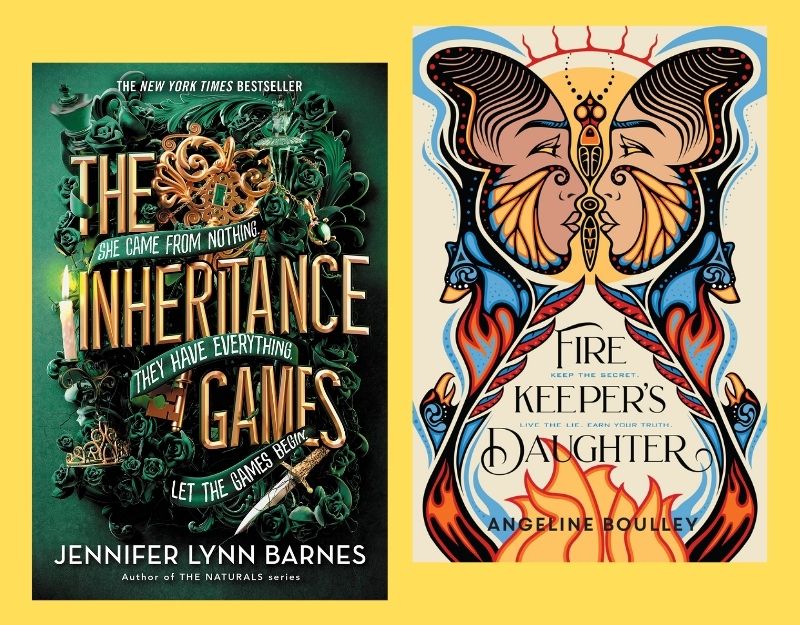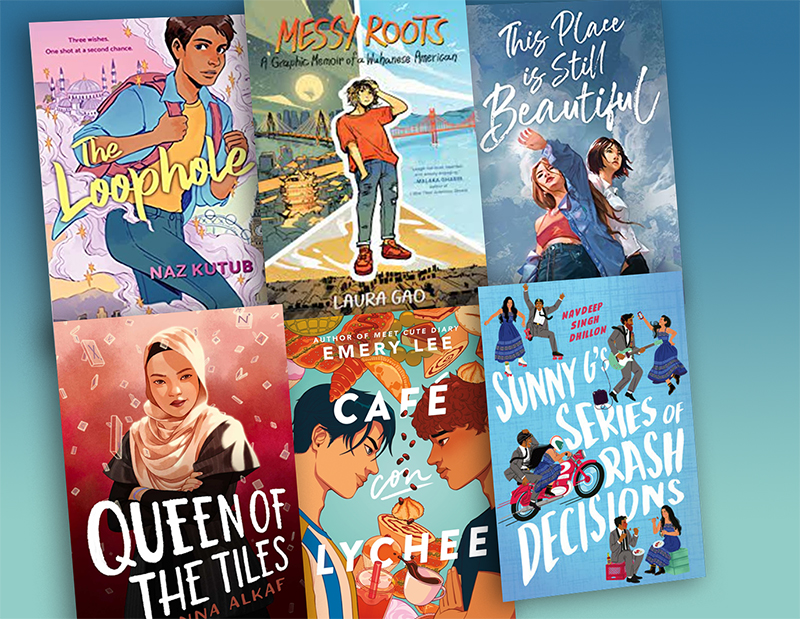Sunday Reflections: On Teachable Moments and Consent, part 2
 Since beginning the #SVYALit Project, I spend a lot of time thinking about consent and how we teach our kids about it. The truth is, we really must start teaching our kids very early. In many ways when our kids get to the teen years, if we still haven’t talked to them about consent then we have missed many opportunities. Talking about consent begins young and occurs often, sometimes in the most interesting ways.
Since beginning the #SVYALit Project, I spend a lot of time thinking about consent and how we teach our kids about it. The truth is, we really must start teaching our kids very early. In many ways when our kids get to the teen years, if we still haven’t talked to them about consent then we have missed many opportunities. Talking about consent begins young and occurs often, sometimes in the most interesting ways.
Conversations about consent occur when we teach our children to keep their hands to themselves, to respect other people’s space, and when we remind them that they have to respect other people in any way.
ADVERTISEMENT
ADVERTISEMENT
Conversations about consent also happen when we teach our children that they have a right to say no and express themselves. These conversations occur when we allow them to take ownership of their feelings. And they occur when we allow our kids to to not wear the clothes that make them uncomfortable and when we tell them that they don’t have to kiss or hug visiting relatives if they don’t want to.
I had another one of those teachable moments the other day with the Tween. She is currently obsessed with Minecraft, and she genuinely likes to show you her creations. The other day we were sitting in the car while The Mr. quickly ran in to the store to buy a gallon of milk. She was in the backseat. I sat in the front seat taking a moment to answer a time sensitive e-mail on my phone. “Can I show you my new house I built mom?”, she asked. “Not right this second,” I replied. “I’m answering an email real quick. Let’s wait until we get home so I can see it comfortably.” Maybe 30 seconds passed before she said, “How about now?” Then a few moments later she asked again.
Finally, I turned around and looked at her and said this: “It really bothers me that after I told you that we could look at it when we got home that you are continuing to use guilt and manipulation to try and get your way, that you just won’t let my no be your answer. I would really like to wait until we get home and I really want you to respect that answer.”
Later that day, we talked more about this. I remembered once when I was in high school this boy that asked me out and I was not interested, which I politely but firmly explained to him. He kept persistently asking me out, and I persistently said no. During this time, I did go out on a date with another boy, one that I wanted to go out with. Apparently that night he drove down to the end of my street and waited for me to come home. He told me later all about what time I had come home and that he had watched me. In his mind, I didn’t have a right to say no to him. He didn’t respect my no. And the situation was very scary for me.
And in that moment with my daughter, I was reminded of all the scenes in movies I had watched where a girl says no and the boy then tries to change her mind. Just last night we were re-watching an episode of Buffy, Doomed, where Buffy tells Riley that this thing between them isn’t going to work and for a moment you think, he’s going to respect her no and walk away. But then he doesn’t, because he starts to explain to her that her no isn’t good enough, because he feels that they will work. He is expressing that his want for them to be together overrides and supersedes her feelings that they won’t work. And it frustrates me that of course later they do in fact get together. This moment and this romance arc reinforces the narrative that a woman doesn’t know what she wants, that a guy should keep trying, keep pursuing and pressure her to change her mind.
Imagine what a different message it would have sent if he would have said something along the lines of, “I’m sorry you feel that way but I respect your feelings. If you change your mind, come talk to me and we can see where we are both at and what we both want.” And then he simply could have walked away. But of course that’s not what happened because the pursuit is part of the romantic film narrative.
I recently was watching Indiana Jones – I’m not sure which one – and there was a moment when the female character tells Indy no and begins to walk away. With a flick of his wrist he sends his whip out to draw her back in and the two kiss. This moment is supposed to be romantic. The music swells. He is the hero, we’re supposed to cheer. And yet, she said no. She was walking away. He imposes his will on her.
Ignoring someone’s no in the little things makes it so much easier to ignore someone’s no in the big moments. When we believe that we don’t have to accept someone’s no, to respect their wishes, in these little things, how much easier is it to disregard it in those moments that are in fact sexual violence?
There are two important things happening here:
1) We let each other get away with not respecting another person’s boundaries and agency all the time. We see it in the movies. We see it on tv. We hear it in our songs (“You know you want it.”). We watch it play out on the playground and in the classroom and in our homes and work places.
And . . .
2) We teach young people – particularly it seems girls – that they don’t have a right to say no. We teach them to add all those watering down statements to protect the other person’s feelings and take away the power of no. And as girls get older, they realize that there is legitimate fear in saying no because sometimes it incites men to violence. Or when we say no we are called bitches or sluts or whores, because to some type of men, women don’t have the right to say no.
When my daughter began to whine to me about how much she really wanted to show me her Minecraft house and began just asking me every 30 seconds, “How about now?”, she was using guilt and manipulation to try and get her way. Guilt and manipulation, emotional coercion, is the murkier issue of consent we need to talk more about. Far too many times people are being emotionally coerced to do things that they are not yet ready to do. This happens when we insist that “you know you want it.” It happens when we continue to try and negotiate even after someone has said no. This happens when boys (and sometimes girls) say, “If you loved me you would.” Or when boys suggest that if they don’t then they will get “blue balls” and be in pain. It happens when we won’t take no for an answer.
ADVERTISEMENT
ADVERTISEMENT
This is why talking about consent should happen very early and often. We need to teach our children that they have a right to say no and that they have to respect other people’s no. We have to teach them to respect other people’s personhood, property, and boundaries. We have to teach them that they aren’t the center of the universe. And we have to teach them that they and they are alone are responsible for their thoughts, feelings and actions.
We can’t wait until our children are teenagers and starting to explore the ideas of sex and sexuality to begin talking to them about consent. The truth is, we are already laying these foundations way earlier in life. For more, check out this post that outlines how we can begin laying this foundation throughout the various ages and stages. There is more good discussion about this at The Good Men Project.
And don’t worry, I love my Tween so of course I sat next to her on the couch and let her walk me through her new house on Minecraft. We just made sure we did it at a time that was right for both of us.
Talking with Teens About Consent
Sexual Assault Awareness Month, talking to teens about consent and rape part 1 and part 2
This is What Consent Looks Like
The Curios Case of the Kissing Doctor and Consent
The Healthy Sex Talk: Teaching Kids Consent, Ages 1-21 (the Good Men Project)
Why Talking with Teens About the Age of Consent Matters
On Teachable Moments and Consent
Filed under: #SVYALit, Consent, Sunday Reflections, Teen Issues
About Karen Jensen, MLS
Karen Jensen has been a Teen Services Librarian for almost 30 years. She created TLT in 2011 and is the co-editor of The Whole Library Handbook: Teen Services with Heather Booth (ALA Editions, 2014).
ADVERTISEMENT
ADVERTISEMENT
SLJ Blog Network
Name That LEGO Book Cover! (#53)
Cover Reveal and Q&A: The One and Only Googoosh with Azadeh Westergaard
Exclusive: Vol. 2 of The Weirn Books Is Coming in October | News
Fighting Public School Book Bans with the Civil Rights Act
ADVERTISEMENT







